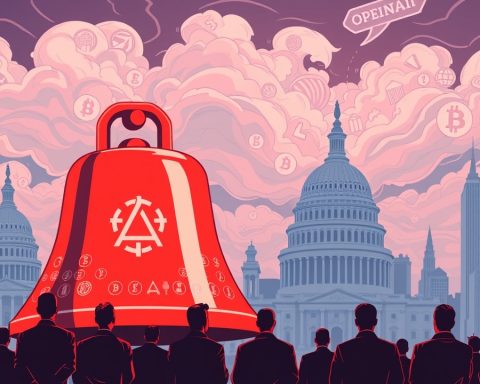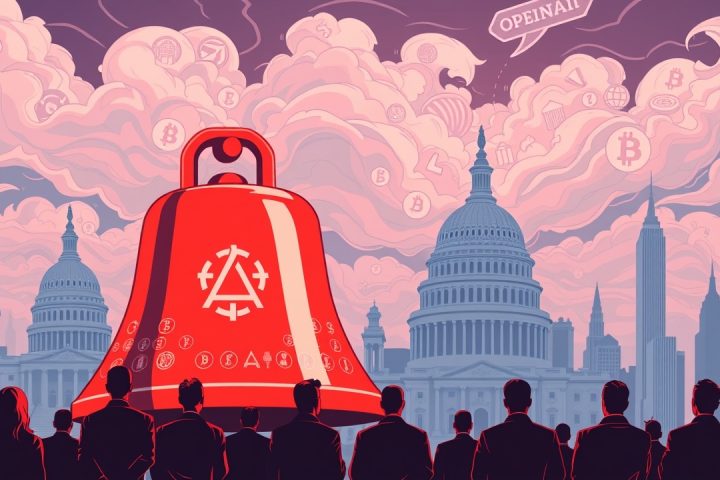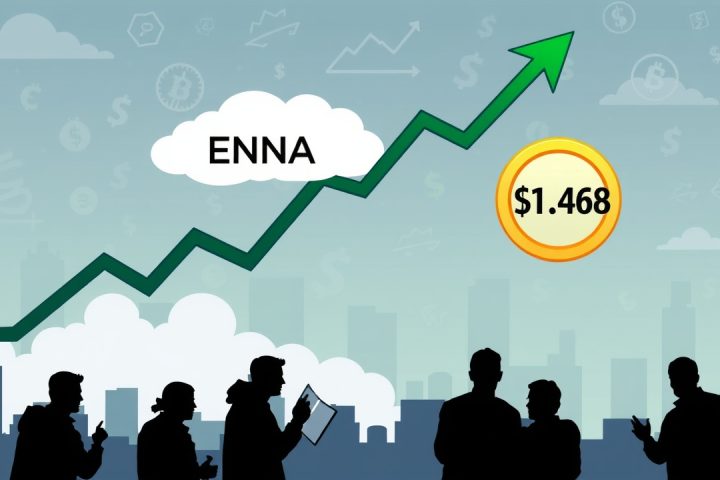The Future of South Korea’s Banking Sector
The landscape of South Korea’s banking sector may soon face significant changes due to proposed deregulations affecting cryptocurrency exchanges. According to a report by South Korea’s Financial Post, the Democratic Party (DP), which holds a majority in the National Assembly, is contemplating a commitment to abolish current banking regulations that govern fiat transactions for crypto exchanges.
Current Regulations and Possible Changes
These existing regulations necessitate that crypto platforms collaborate with banks to offer customer banking services, which are tied to specific crypto wallet-connected accounts. In April, the government’s ruling party, the People Power Party (PPP), introduced several promises related to cryptocurrencies, including the possibility of scrapping this banking partnership requirement.
If the DP moves forward with similar proposals, it could revolutionize the market dynamics, allowing cryptocurrency exchanges to partner with multiple banks, thus ending the era of exclusive banking agreements. This shift could particularly impact K Bank, which has thrived from its exclusive relationship with Upbit, the country’s leading cryptocurrency exchange. The partnership has proven mutually beneficial, significantly boosting growth for both entities since they joined forces in mid-2020, with Upbit transactions constituting approximately 68% of all crypto trades within South Korea.
The Impact of the Upcoming Presidential Election
As the nation approaches its presidential election on June 3, following the impeachment of President Yoon Suk-yeol, the call for deregulation is intensifying. Lee Jae-myung, the frontrunner from the DP, is reportedly considering mirroring the PPP’s crypto-friendly commitments. If adopted, this strategy could pose a substantial challenge to K Bank, given its reliance on revenues from the Upbit relationship.
DP’s Strategy and Regulatory Trends
The DP has been countering the PPP’s outreach to younger voters through technology and cryptocurrency-focused policies. In a recent development, they established a Digital Asset Committee, led by pro-crypto lawmaker Min Byoung-dug, which advocates for tax equality between conventional stock investors and cryptocurrency traders, as well as supportive measures such as allowing Bitcoin spot ETFs.
Moreover, regulatory bodies appear to be warming up to the idea of easing the stringent regulations that have characterized the sector thus far. The Financial Services Commission (FSC) has indicated it might be considering conditional deregulation, shifting away from its previously stringent stance. FSC Chairman Kim Byung-hwan has hinted at potential changes, signaling a broader regulatory evolution as the market prepares for the forthcoming electoral landscape.

















